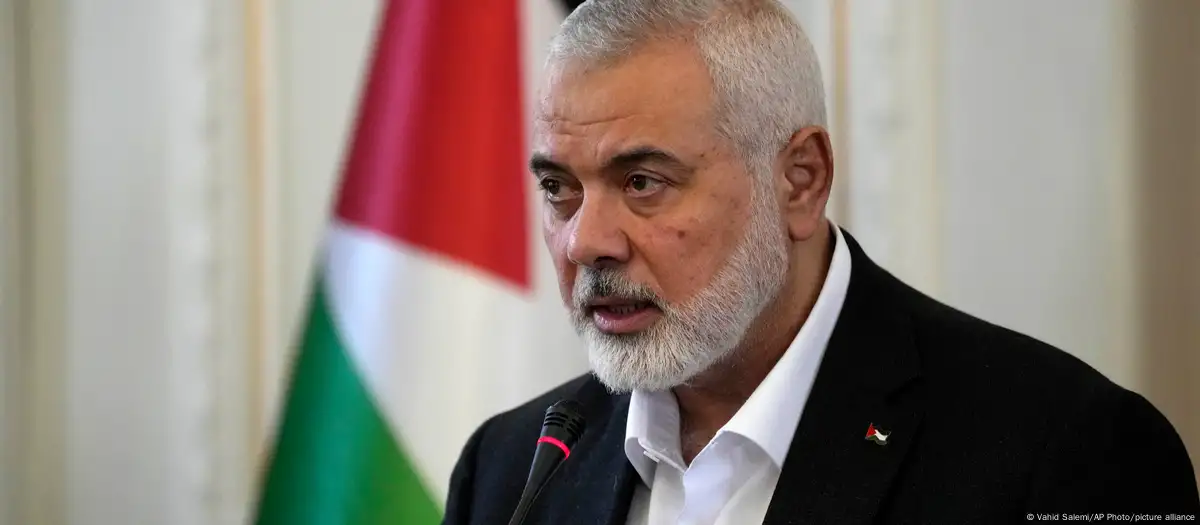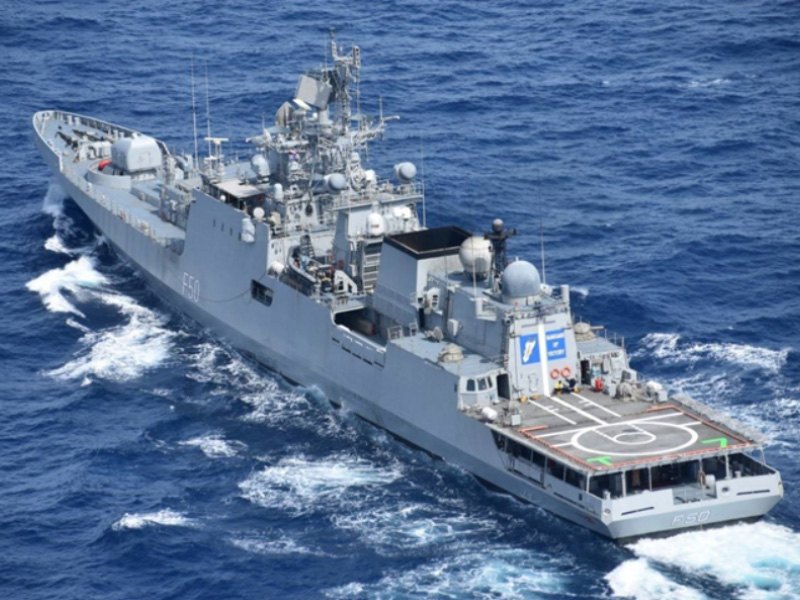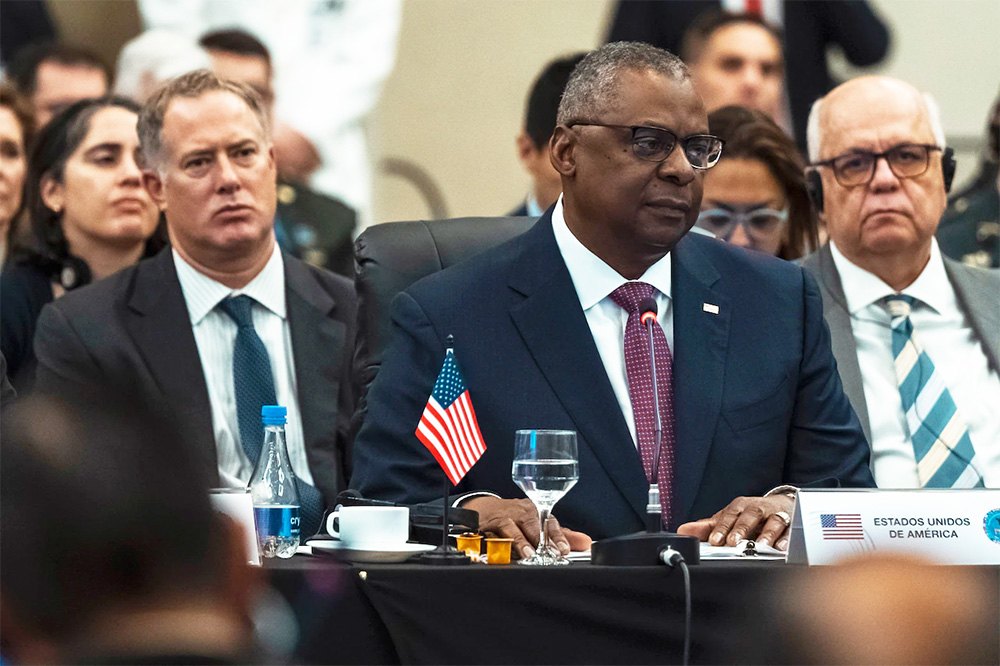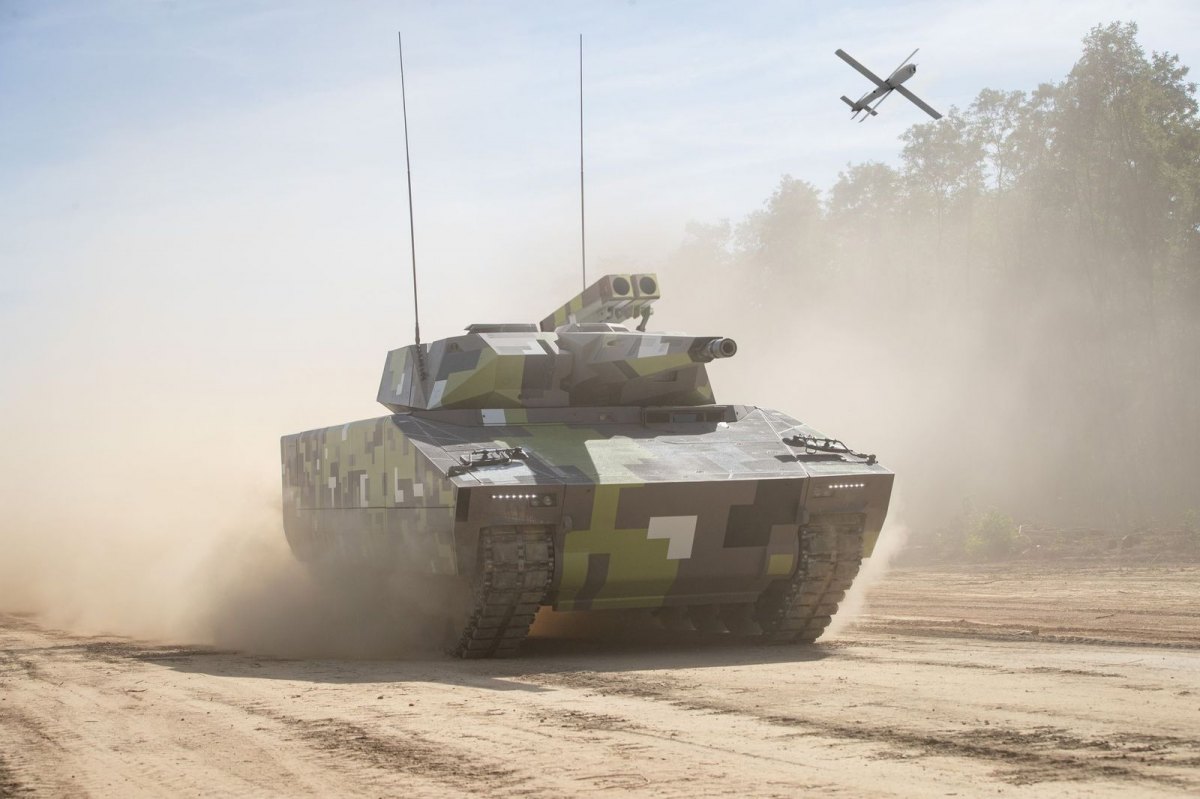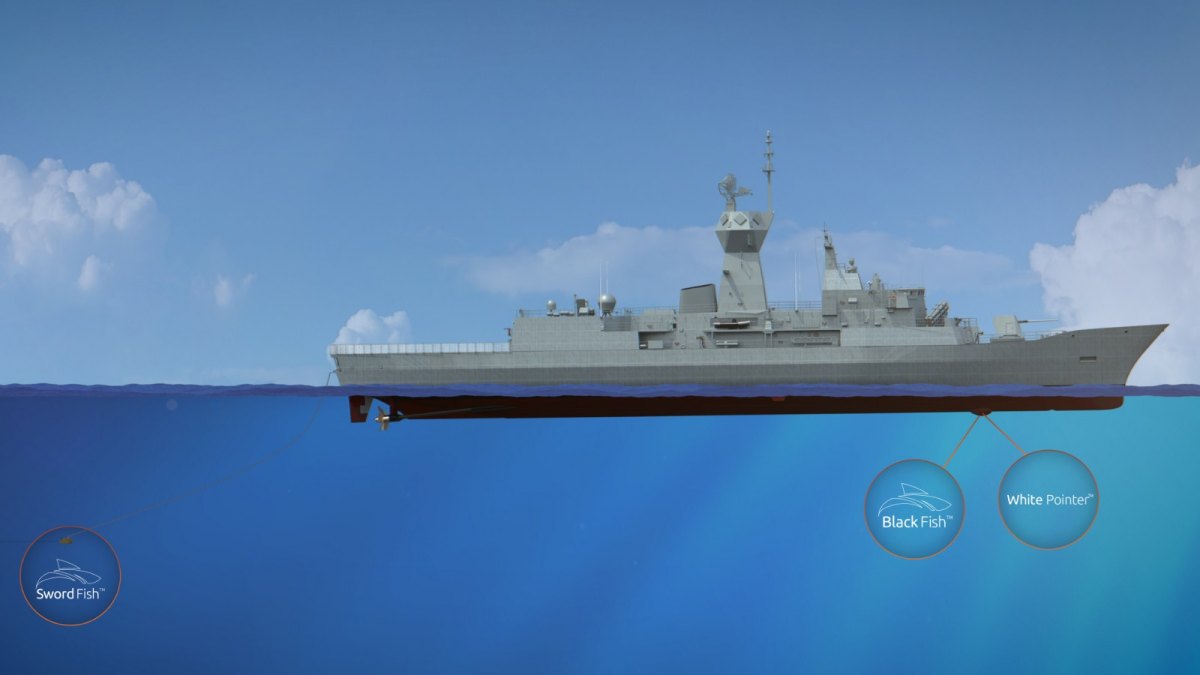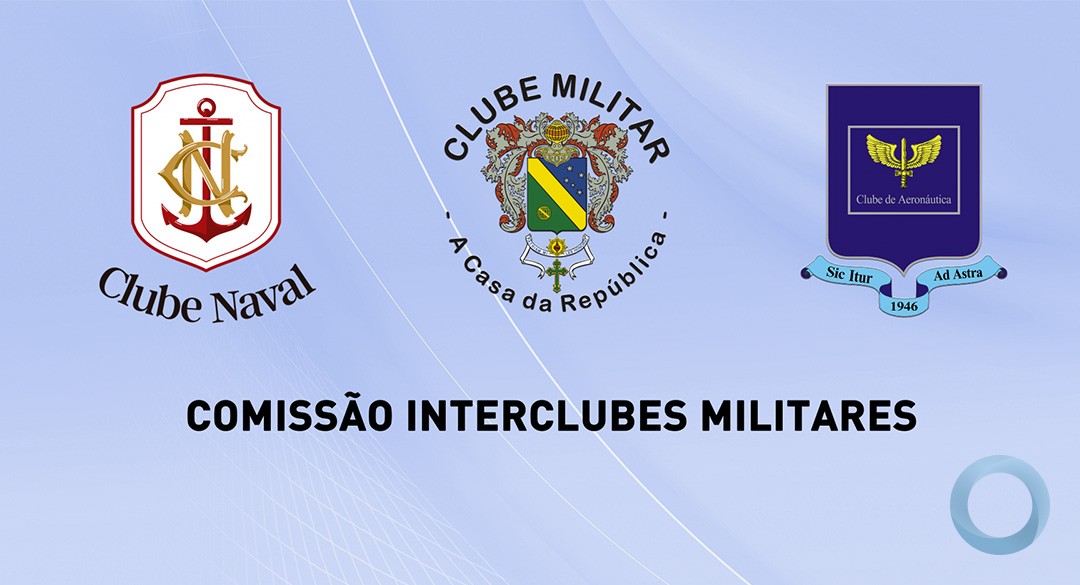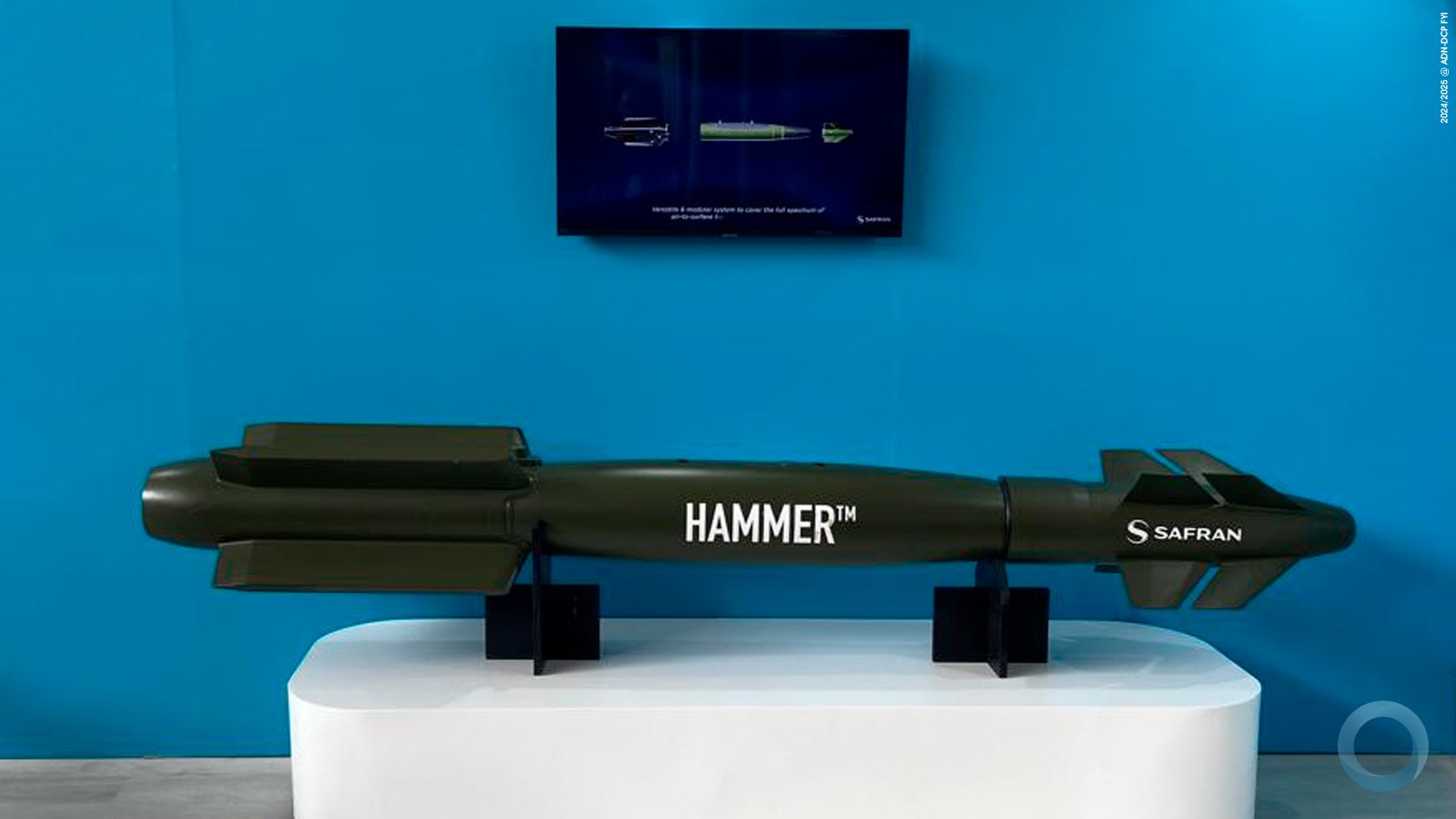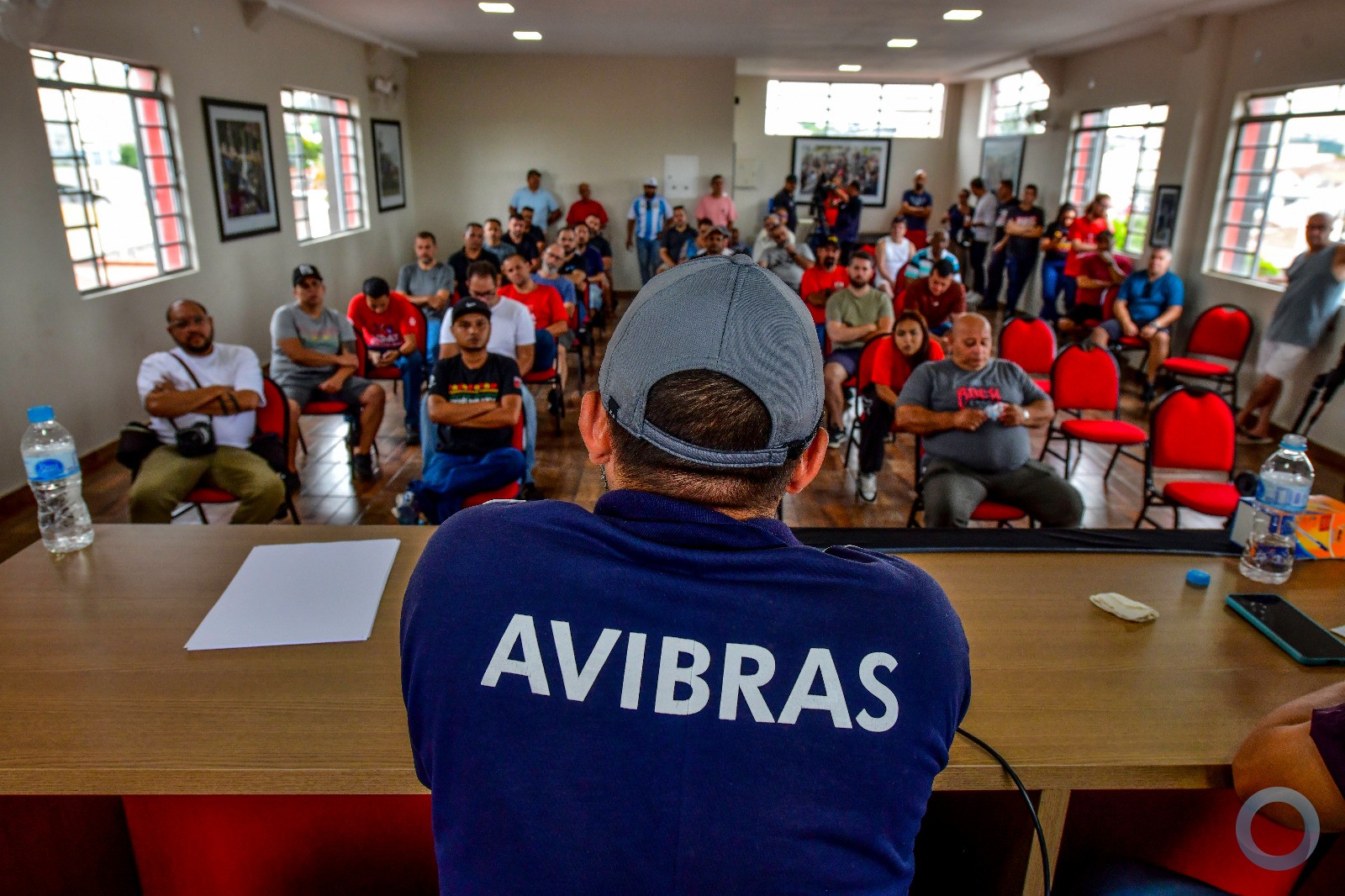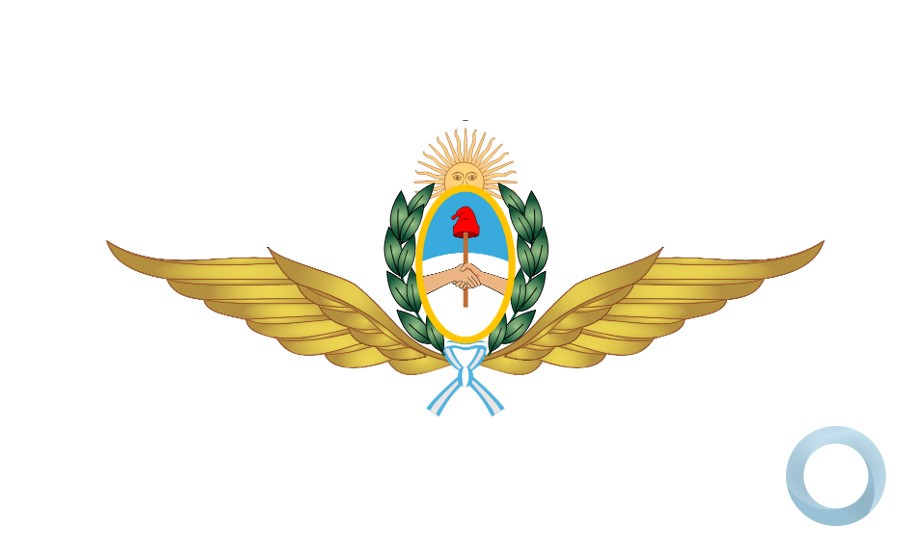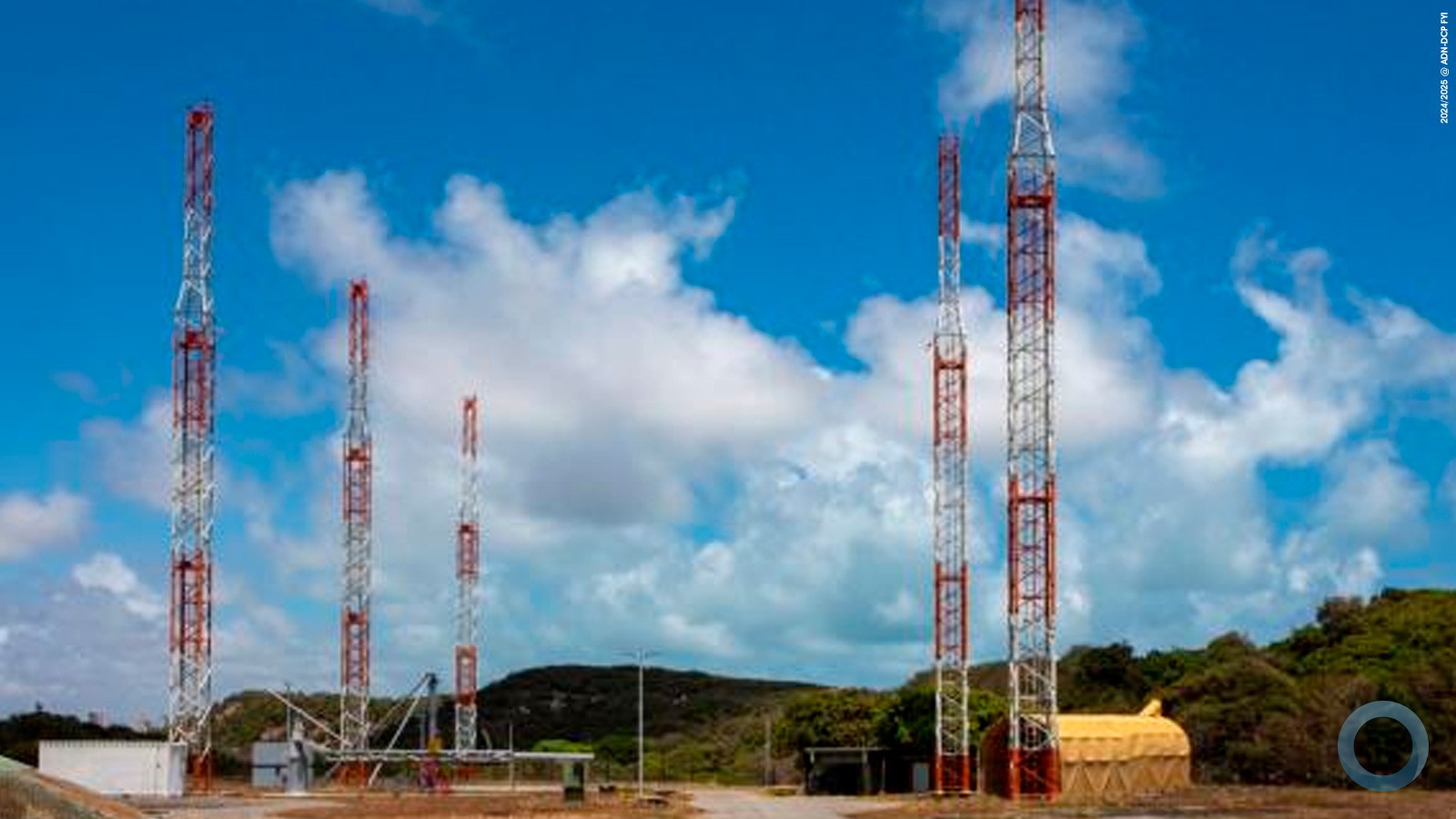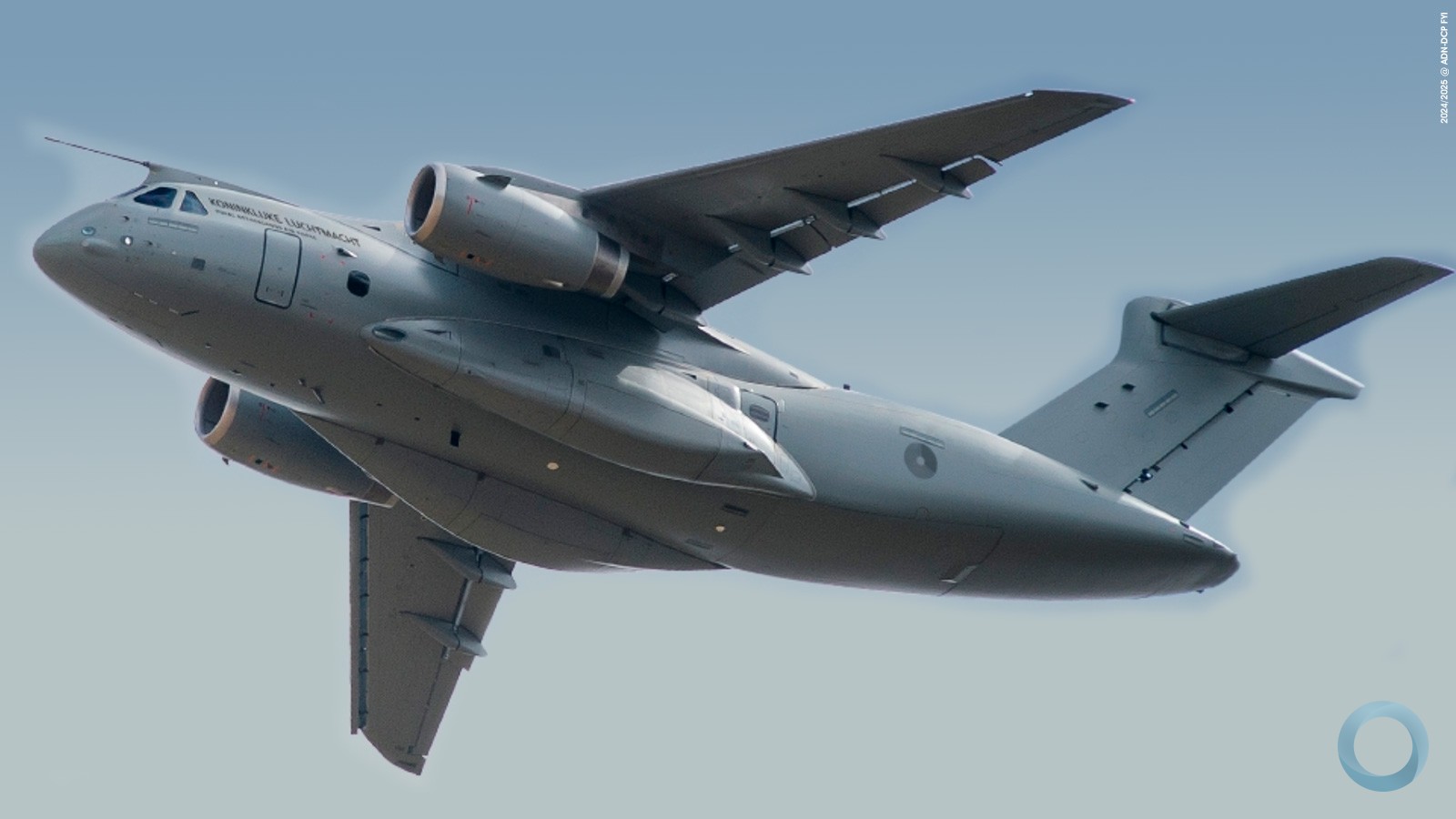![]()
![]()
Marcos Ommati
The main operational arm of the Brazilian Marine Corps (CFN, per its Portuguese acronym) is part of the Fleet Marine Squad (FFE, per its Portuguese acronym). Its mission is to develop naval land operations. FFE originated after the Second World War out of the need observed by the Brazilian Military to develop a modernized force with amphibious capability, for use as the country's naval power. The current commander of FFE is Marine Lieutenant General Alexandre José Barreto de Mattos who, coincidentally, on the day he gave this interview to Diálogo – February 14th – was promoted to general, and will soon lead the entire Brazilian Marine Corps.
Diálogo: FFE celebrated 60 years in February. Why should this be considered a historical date?
Lieutenant General Alexandre José Barreto de Mattos: Any force, institution, or individual who has existed for 60 years has already gone through a lot in their lives, having behind them a very important history. The history of the Fleet Marine Force is no different. It has a glorious history, one that is always evolving, and the work it performs is always evolving. As a result, we have today a Fleet Marine Force that is well respected in any mission it participates in, especially those in support of keeping peace in other countries, and those that guarantee the safety of Brazilian citizens in the various Law and Order Maintenance (GLO, per its Portuguese acronym) operations. The Marine Corps is well respected, together with the Brazilian Navy, of which it is a member, as well as respected by the Brazilian people, and all other branches of the Armed Forces.
Diálogo: You will vacate your position soon. What has been your greatest challenge as FFE commander?
Lt. Gen. Alexandre: To command the FFE is a dream come true for any Marine officer. I would say that my greatest challenge was to ensure that all conditions were in place, as required, for discipline, training, and detailed planning, as well as to provide employment to more than 6,000 men of the Fleet Marine Force, with the utmost safety and security. We need to be well-trained and prepared to ensure that our people who use real ammunition, and who are always finding themselves in situations of risk, can work safely. We need to provide them with the required conditions to ensure they always go back home safely at the end of the day, or upon completing a mission. This is our greatest challenge.
Diálogo: How does the Marine Corps participate, and have a presence in the Amazon Region, the so-called Green Amazon?
Lt. Gen. Alexandre: We have two riverine operation battalions: the 1st Riverine Operations Battalion under the command of the 9th Naval District; and the 2nd Riverine Operations Battalion under the 4th Naval District. These two battalions operate in the Green Amazon Region conducting riverine operations, ensuring river channel security, and carrying out inspections of ships. They also perform inspections related to waterway traffic in that region. These battalions also conduct internal security operations to guarantee that the rivers in the Amazon Basin are being properly used, and perform joint exercises with the other armed forces, as well as with other security and law enforcement agencies which are directly responsible for defensive actions, or actions against drug trafficking.
Diálogo: What type of support can Marines provide in these operations?
Lt. Gen. Alexandre: In these operations, that are also conducted with law enforcement agencies, such as the Federal Police and the local police forces, the battalions can provide major logistics and information support to those responsible for actions against drug traffickers, thus creating the appropriate and required safety and security conditions so they can successfully complete this type of mission.
Diálogo: Brazil’s Marine Corps (CFN, per its Portuguese acronym) participated in the safety and security operations for the 2016 Olympics, the 2014 Soccer World Cup, and also during the occupation of the so-called slum complexes of Alemão, Penha and Maré. The Corps is presently in Haiti as part of the United Nations Stabilization Mission (MINUSTAH), but also in Law and Order Maintenance operations in the states of Rio de Janeiro and Espírito Santo, in addition to performing scanning operations in the penitentiaries of Natal, the capital of the state of Rio Grande do Norte. How do you prepare a force to conduct so many different missions?
Lt. Gen. Alexandre: We have a very intense training unit that provides support in preparing our personnel, starting from the lowest positions. A major part of this cycle is what we call the central axis. This is a classical term of FFE training. All this training and all the planning related to it, allows our soldiers to put into practice, throughout the year, the abilities that are essential in performing any task: discipline, total obedience to the principles of hierarchy, and a strong ability to perform detailed planning. Once these factors are sufficiently practiced over the course of a year, the Marine will have the right skills that will allow him to perform what he is assigned. Also, the Marine Corps is highly professional, i.e., from the soldier to the general; they are all professionals and volunteers, they have all been subject to qualification exams, and they all invest heavily in their careers. The Marines do not include conscripts, i.e., those that spend some required time with the Force (usually 10 months) just to comply with military service requirements. They are all professionals; this is the profession they chose to follow. This makes it easier to conduct training, and it also facilitates learning during the courses and promotes more engagement in doing the required tasks once they are assigned to the CFN. We work under the doctrine of organization by tasks. In other words, any task assigned to the Marine Corps is performed by forming an operational group of Marines. When we talk about a marine operational group, we mean an arrangement of means and personnel that give a Marine the ability to last in action with administrative and planning autonomy. This also helps in situations where, for example, we are working with Law and Order Maintenance and, all of a sudden, the same group has to be moved to peace-keeping operations and, at the same time, perform other actions where a stronger use of the Force is required.
Diálogo: One cannot deny that the participation in peace-keeping missions and Law and Order Maintenance, which are real, not just training exercises, end up being very beneficial to those you lead.
Lt. Gen. Alexandre: Absolutely. All these major events we participate in, all the Law and Order Maintenance actions in the communities, both in and outside of Rio de Janeiro, and Haiti itself, are real operations. This has become of fundamental importance to the evolution of the Marine Corps. Nowadays, it is really rare to find any ranked military person who has not participated in at least one of these events, i.e., who has not had at least one real mission experience. Let us not forget that we are also in Lebanon participating in UNIFIL (United Nations Interim Force in Lebanon). We should also not forget that we have security squads in embassies, which are very real missions too. When you are responsible for the security of an ambassador or diplomat, you are very much performing a real mission.
Diálogo: It is possible that MINUSTAH will be decommissioned in a few months. Is CFN already considering the use of the force for operations in other countries?
Lt. Gen. Alexandre: Yes, Brazil’s Ministry of Defense has already received requests for our participation in U.N. missions in Cyprus, Lebanon, Congo, Western Sahara, Central African Republic, Liberia, Syria, Ivory Coast, and Sudan, which are all countries facing considerable difficulties in keeping their domestic security. As a result, international organizations are considering the possibility of sending troops for peace-keeping missions in those countries.
Diálogo: How important is it that the Brazilian Marine Corps interact with other countries’ Marine Corps?
Lt. Gen. Alexandre: Sharing experiences is of utmost importance for us and them, as this is a two-way street. Of course, there has to be a balance in the sharing of experiences. As it always happens in international relations, there have to be trade-offs, negotiations, and proper planning. Whatever we receive from one side, we can also use to the same extent in relaying our experiences to other countries. This is important because it is also useful for the joint operations work and exactly to what is involved in such operations. UNITAS is a classic example of this.






